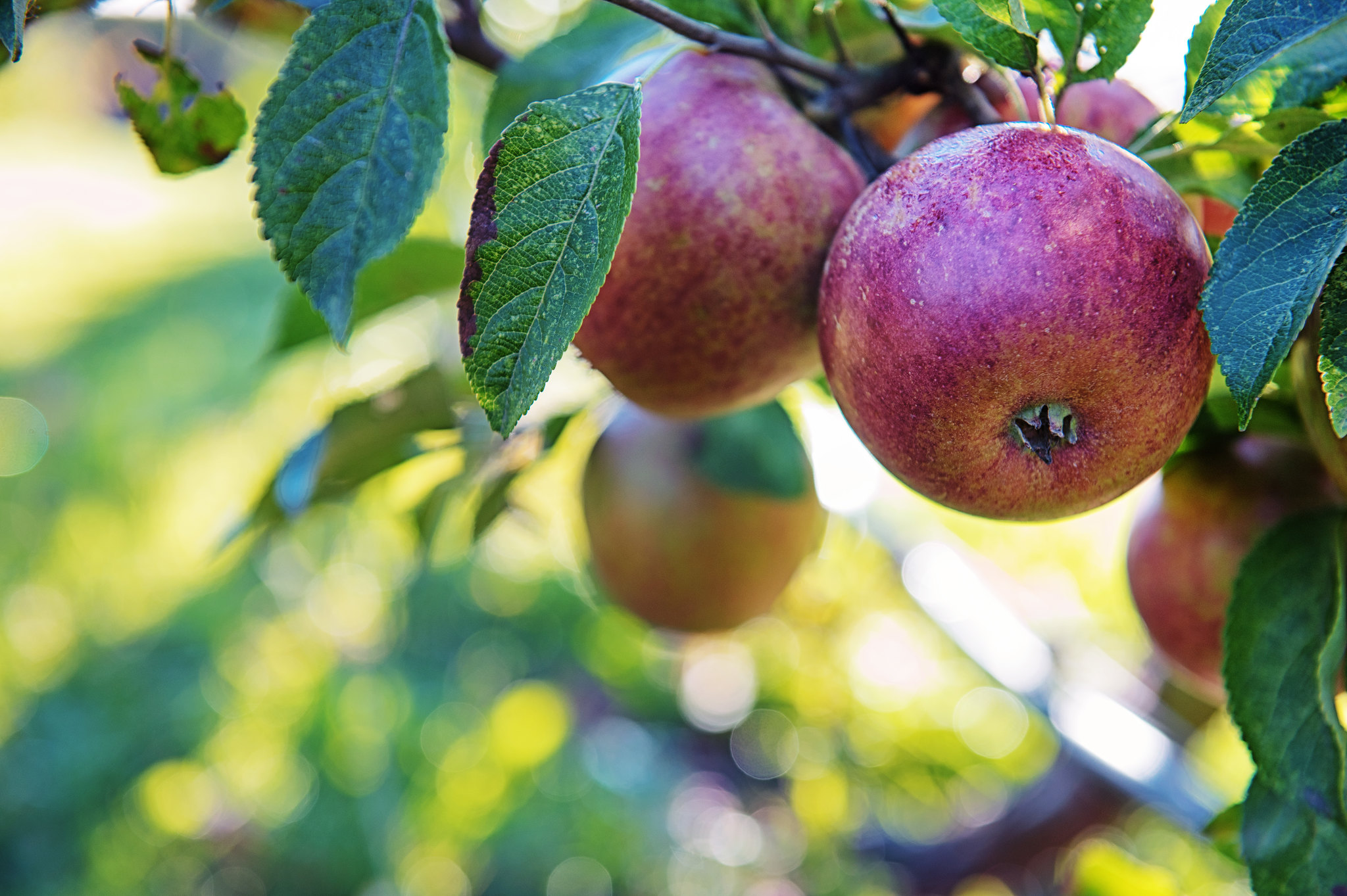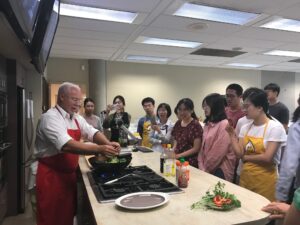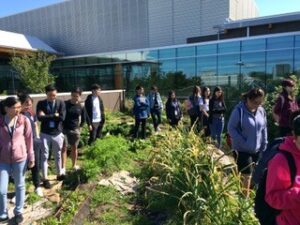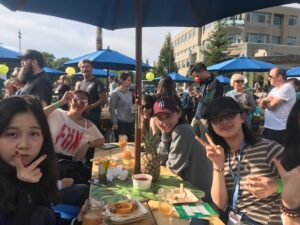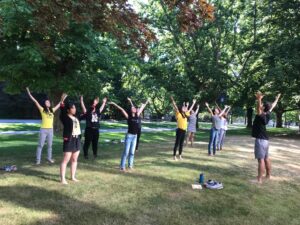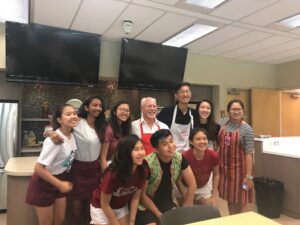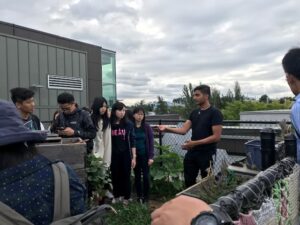The Faculty of Land and Food Systems (LFS) at UBC is where science meets society’s urgent needs.
What you might expect/course format
Our courses provide the opportunity for undergraduate students from international institutions to learn about Food, Nutrition and Health and Agribusiness management issues in Canada.
July 2025 Course Packages
Essentials of Nutrition
In this introduction to nutrition course, students will learn about nutrients: what they are, why they are important to health, recommended intakes, and common Canadian food sources. Controversial topics in nutrition are explored. Key concepts are emphasized through field trips to local food production and retail outlets and are an integral component of students’ learning experiences. Upon completion of the course, students will be better equipped to sort out fact from fiction by applying their knowledge of nutrition to everyday scenarios and to their personal dietary choices.
Healthy Cooking and Eating in Canada’s Multicultural Context
This course will focus on applying the nutrition concepts learned from Essentials of Nutrition. You will be enriched with hands-on cooking experience, tasting and discussions about food choices. You will learn fundamental cooking skills and how to modify recipes for better health. Students will work in small groups to prepare a wide variety of foods from the many cultures making up Canada’s cultural mosaic. The instructor, a Registered Dietitian and Chef, will guide students in their cooking, help them explore the nuances of tasty foods they have prepared and lead discussions on how to ensure food is both delicious and healthy. Upon completion of the course, students should be able to demonstrate an understanding of fundamental knowledge and skills of food safety, the practical outcomes of recipe modification, an understanding of the role and interactions of ingredients in food preparation, and a variety of preparation techniques and their nutritional attributes.
Prerequisites: No prerequisites
The Science of Making Foods
An introduction to key concepts in Food Science. Through the eyes of a product developer, understand the chemical and physical properties of foods. Discover trends in product development and understand why some foods have longer shelf lives than other foods. Explore labeling, food safety, preservatives and food processing techniques such as fermentation, high pressure processing and freeze drying. Hands-on labs accompany theoretical material allowing you to taste the results of your scientific endeavors.
The Science of Eating Foods – Sensory Evaluation
Sensory analysis is used to measure and interpret human responses to food products as perceived through the senses of sight, smell, touch, taste and hearing. For food manufacturing companies, this scientific approach is crucial for developing high quality products that resonate with consumers. In this hands-on course, you won’t just learn theory, you will consume it! Participate both as a panelist and as a sensory analyst where you will master both laboratory and sensory techniques for collecting and analyzing taste, colour and texture data. Field trips and laboratory activities will demonstrate and reinforce theory presented in the course.
Prerequisites: No prerequisites
For more information
For VSP LFS-specific questions, email Roxana Quinde at quinde@mail.ubc.ca.
Student testimonials
– Wendy and Grace, VSP LFS Students
– Karen Gutierrez Rubio, VSP LFS Student
